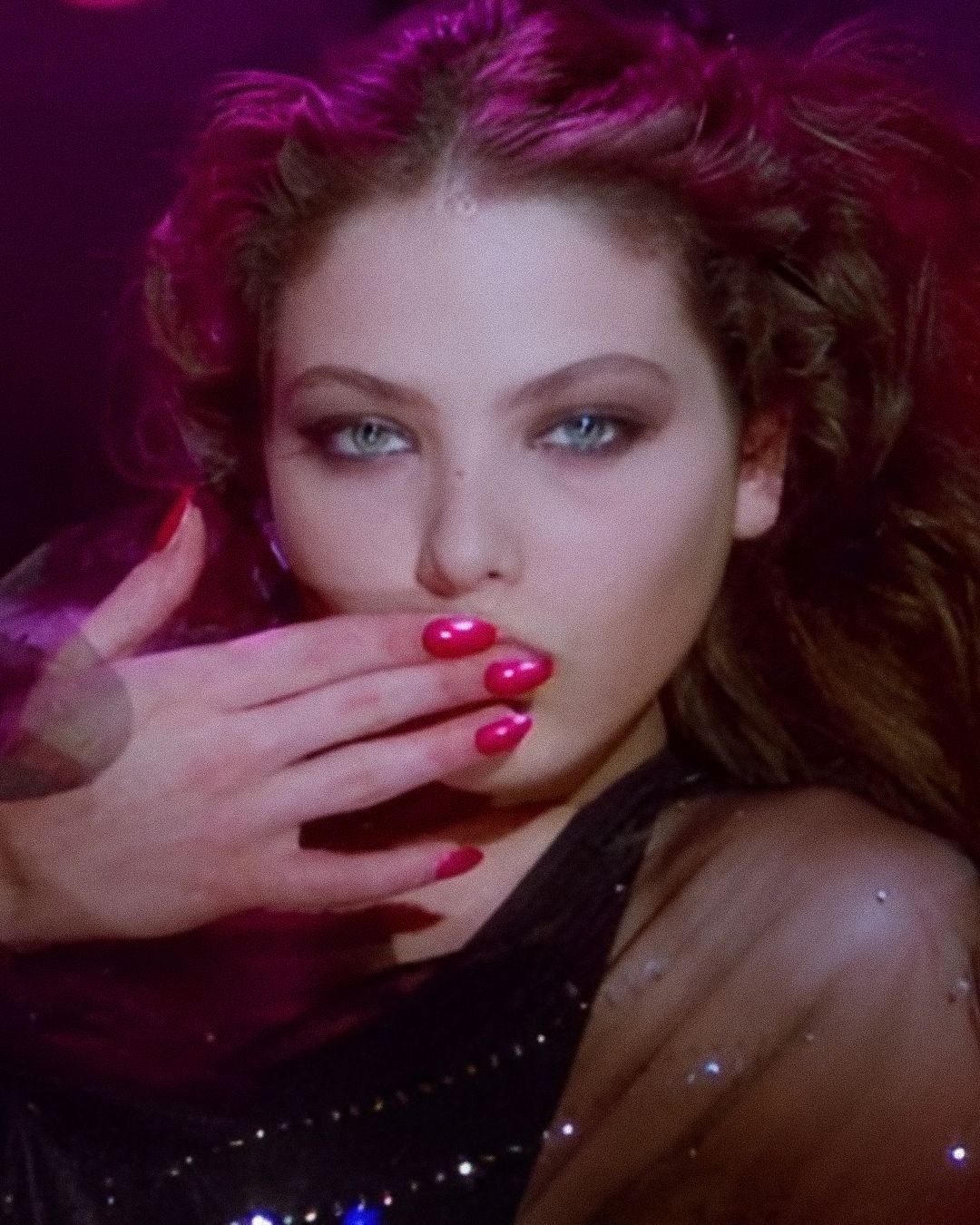
Not all beautiful people are also good (and vice versa) Equating beauty with moral worth opens up dangerous scenarios
In ancient Greek culture, there was the concept of kalòs kai agathòs, meaning beautiful and good. It was believed that, both in things and in people as well as in ideas, the idea of beauty necessarily followed that of goodness or valor, the objective of education and the concept that distinguished the educated and aristocratic class from the masses. That's why, for example, the sculptures of that period follow standards of perfection that envelop them in an aura of divinity and distance from earthly matters, why even warriors are represented as outstanding and beautiful men, why poems have very precise metric rules and why their protagonists and heroes do everything in the name of beauty, which is also goodness and value, justice and correctness, in an almost circular relationship. This concept seems today completely outdated. Who says that a beautiful person is also good? That form equals content? However, sometimes it reappears in flashes and attitudes, warning us of its risks.
Beauty and value in celebrity culture
The ancient Greeks, great admirers of beauty, could not have known that we would have, a handful of years later, something called celebrity culture, which celebrates and exalts beauty, or rather, determines it. The famous are beautiful, charming, aspirational, and unattainable, like the gods on Olympus. We all want to be like them. Anyone who becomes famous takes on a certain allure, and the dualism transforms into a sort of triangle, a reciprocal relationship between the concepts of beauty, fame, and morality. When these characters stop pleasing us—when they say something we don't find right, or adopt behaviors we don't approve of—they suddenly become less desirable, and attacking them based on physical appearance becomes permissible, whereas before it wasn't. Any examples? Timothée Chalamet, perhaps due to his participation in SNL, where he did a sketch about Hamas, his relationship with Kylie Jenner, or his role in Wonka, seems to have lost the appeal he had painstakingly gained since Call Me by Your Name. Or at least, that's what some users think, who have also changed their minds about his appearance, which has gone from pleasant to unpleasant. Because the evil inside you comes out, and makes you ugly. Sorry, what?
people now starting to realize timothee chalamet is ugly now that they realize he’s a bad person is admittedly kind of funny. can we be honest with ourselves and just admit that he’s been ugly this entire time
— destiny (@G0REMASSACRE) November 20, 2023
The case of Prince William
Another example, and it couldn't be more current than this, is that of Prince William. From a young, tanned, and handsome man (with all his hair), he has become a copy of his father Charles, receding hairline and horsey teeth included. This is what is believed on social media, where people enjoy attributing this change to karma, from the fact that he distanced Harry and Meghan Markle to now even rumors of betrayal towards his wife, Kate Middleton. If you betray (and if you do it against a woman considered more beautiful than you, it's aggravating) a higher power will punish you, making you lose all your hair. Like, really?
Just social media topics or real risk?
Labeling these discussions, social media, or celebrity culture as frivolous could also be correct, if it weren't very risky. Because while we strive not to take the most ironic (or just bad) users seriously, these ideas thrown around with superficiality ferment in someone's mind, turning into normal attitudes with which to face a reality beyond social media. What would happen if we started insulting the appearance of a friend of ours because of a difference in opinion? Or if we surrounded ourselves only with beautiful people hoping they are also good? Beauty has no moral outcomes, or at least it shouldn't. Beauty depends on the times, changes in forms and manners, now more rapidly than ever. It is objective if we consider Western beauty standards, which require us to be white and slim, with Caucasian facial features and straight hair. It is subjective if we consider that it doesn't exist in a vacuum, but is influenced by many things. Including our ideas about people and their character, and that's not a problem. However, the leap from considering beauty a symbol of correctness and righteousness, opposed to the ugliness of evil, to all becoming Lombroso (the father of physiognomy, who aimed to deduce individuals' psychological characteristics from their physical appearance) is short, and it could lend to discriminations.


























































